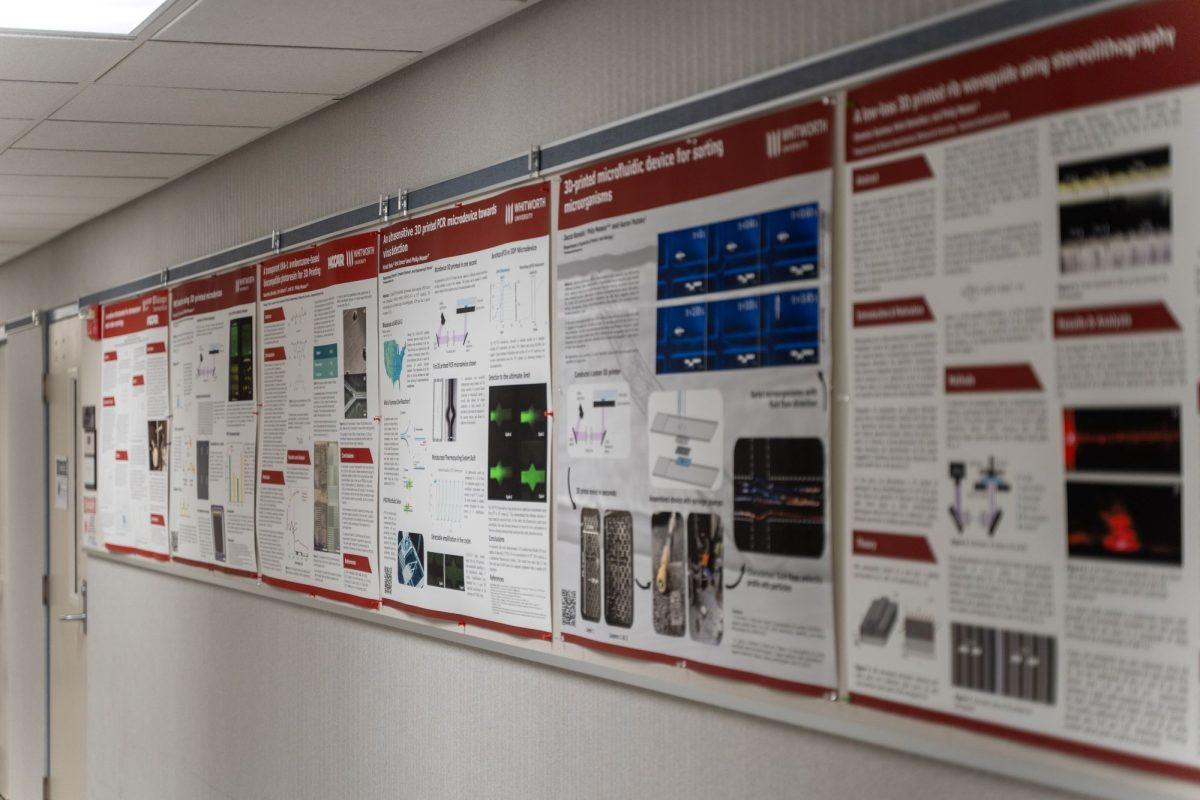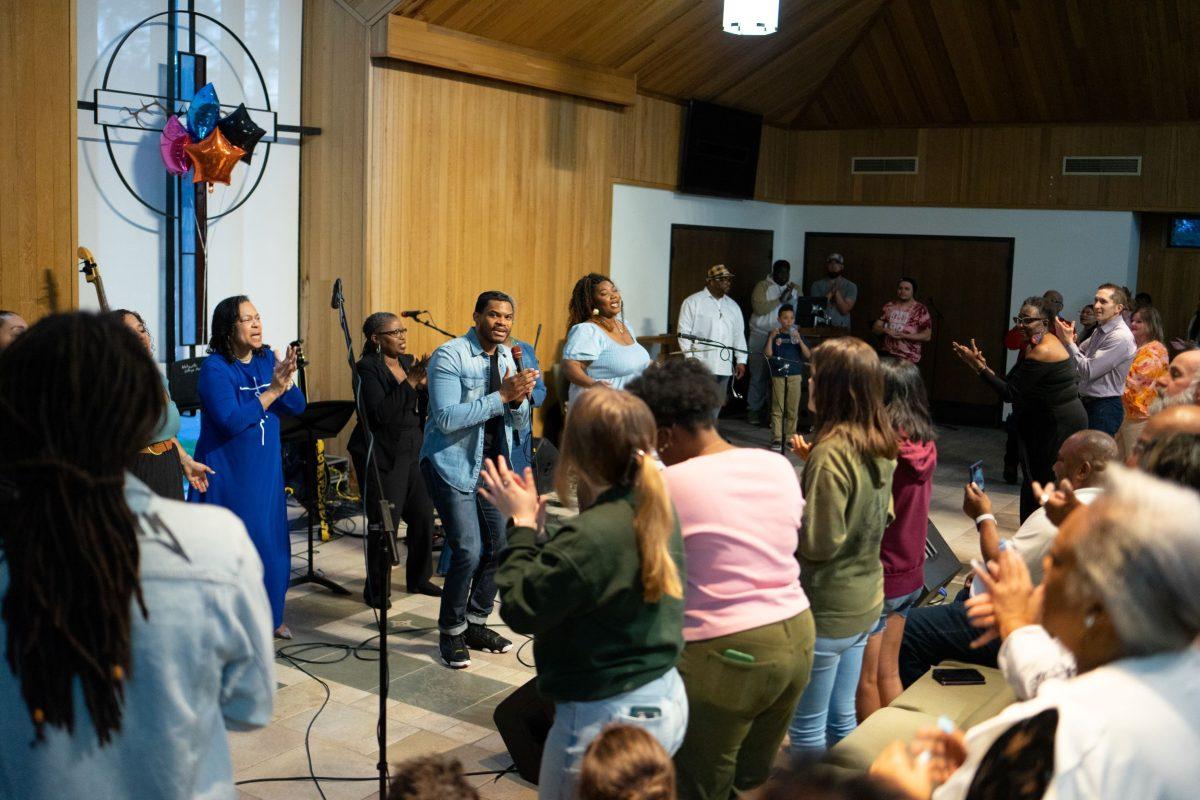Modern communications technology sometimes clashes with old creeds of the U.S. Constitution, professor Erica Salkin said last Friday.
Salkin’s multimedia presentation on copyright law began with an introduction of the Greek legend Pyramus and Thisbe. This story of “star-crossed lovers” was created 1,500 years before Shakespeare borrowed the idea to create Romeo and Juliet. Four hundred years later Hollywood copied this idea again to create West Side Story. How was this possible? The idea of “star-crossed lovers” cannot be copyrighted, Salkin said.
The idea throughout the presentation was showing the ways that students could respect the laws put forth in the U.S. Constitution while still using their creativity to create new media forms. Mash-ups, remixes and parodies were just a few of the art forms mentioned.
The increasing length of time for something to enter the “public domain” was a major trend mentioned in Salkin’s presentation. The first draft of the Constitution of the United States set the to enter the public domain at 40 years. However, with the passing of the Copyright Term Extension Act in 1998 that time has increased to 70 years after the death of the publisher.
The laws that bind our nation in the Constitution make room for common sense, Salkin said. For instance the copyright song “Happy Birthday” actually belongs to Time Warner Entertainment, but that doesn’t mean you have to pay a dollar every time you sing the song at a niece’s party? As long as the song is sung in private then there is no problem, Salkin said. However, if you sing the song in a restaurant, or for some sort of monetary compensation, then you have to pay Time Warner which is why restaurants such as Red Robin and IHOP have created new twists on the song in order to avoid this charge.
The major issue with American Copyright law is its inability to adapt to the technology of the modern age, Salkin said. Never before have people been able to take a video, then upload it to the internet all from a tiny electronic device in their pockets.
One solution to this problem is an idea known as creative commons, which is headed by the non-profit organization of the same name. The organization’s mission statement is to develop, support and steward legal and technical infrastructure that maximize digital creativity, sharing, and innovation, according to the organization’s website (creativecommons.org).
The creative commons idea allows people to use copyrighted material in order to create new forms of media and entertainment.
Dr. Salkin ended her presentation by saying that the policies of copyright will always be a balancing act between the need for creativity, and compensation for those who created the intellectual property.
Contact Robert Giffin at [email protected]





